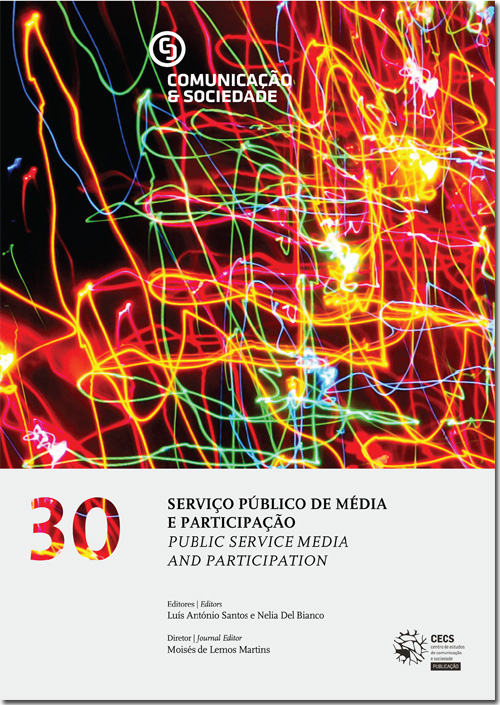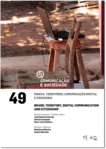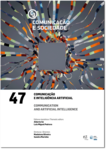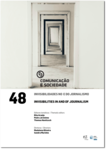Public service media and public communication: concept, context and experiences
DOI:
https://doi.org/10.17231/comsoc.30(2016).2486Palavras-chave:
Public service, policies on communication, public communication, RTP, EBCResumo
Unlike the commercial sector because, among other aspects, it does not have a profitable objective, the public sector of communication has been defined according to a principle of universality and of equal access of citizens to media products. Notwithstanding this basic ground, which is more or less common to the public service broadcasting systems from most origins, the denomination of public service broadcasting – consistent with a European tradition – is not an unequivocal correlate of the concept of public communication – more in tune with an American, at least South-American, tradition. Focused on the experiences of Portugal and Brazil, this paper develops a comparative approach that aims to understand the political, social, and cultural framework of the public media activity in these two countries. Based on an analysis of legal documents that support the development of this activity, the paper is meant to discuss the sector in the broader context of Portuguese and Brazilian communication policies. On the other hand, while not ignoring the aspects – such as funding and independence issues – that have made public service broadcasting and public communication a field of permanent debate, this article also aims to identify and discuss the challenges faced by concessionary companies.
Downloads
Downloads
Publicado
Como Citar
Edição
Secção
Licença
Os autores são titulares dos direitos de autor, concedendo à revista o direito de primeira publicação. O trabalho é licenciado com uma Licença Creative Commons - Atribuição 4.0 Internacional.











